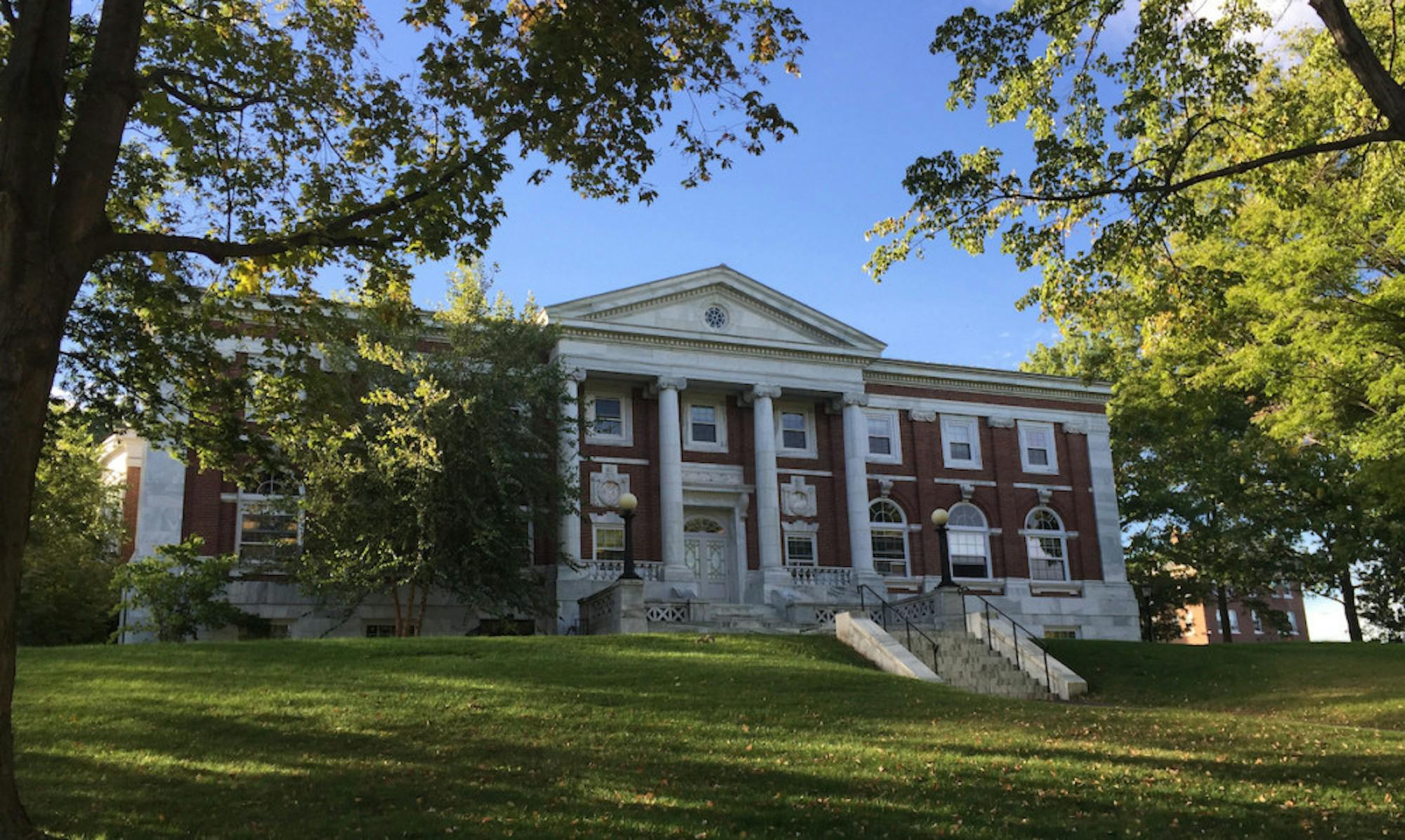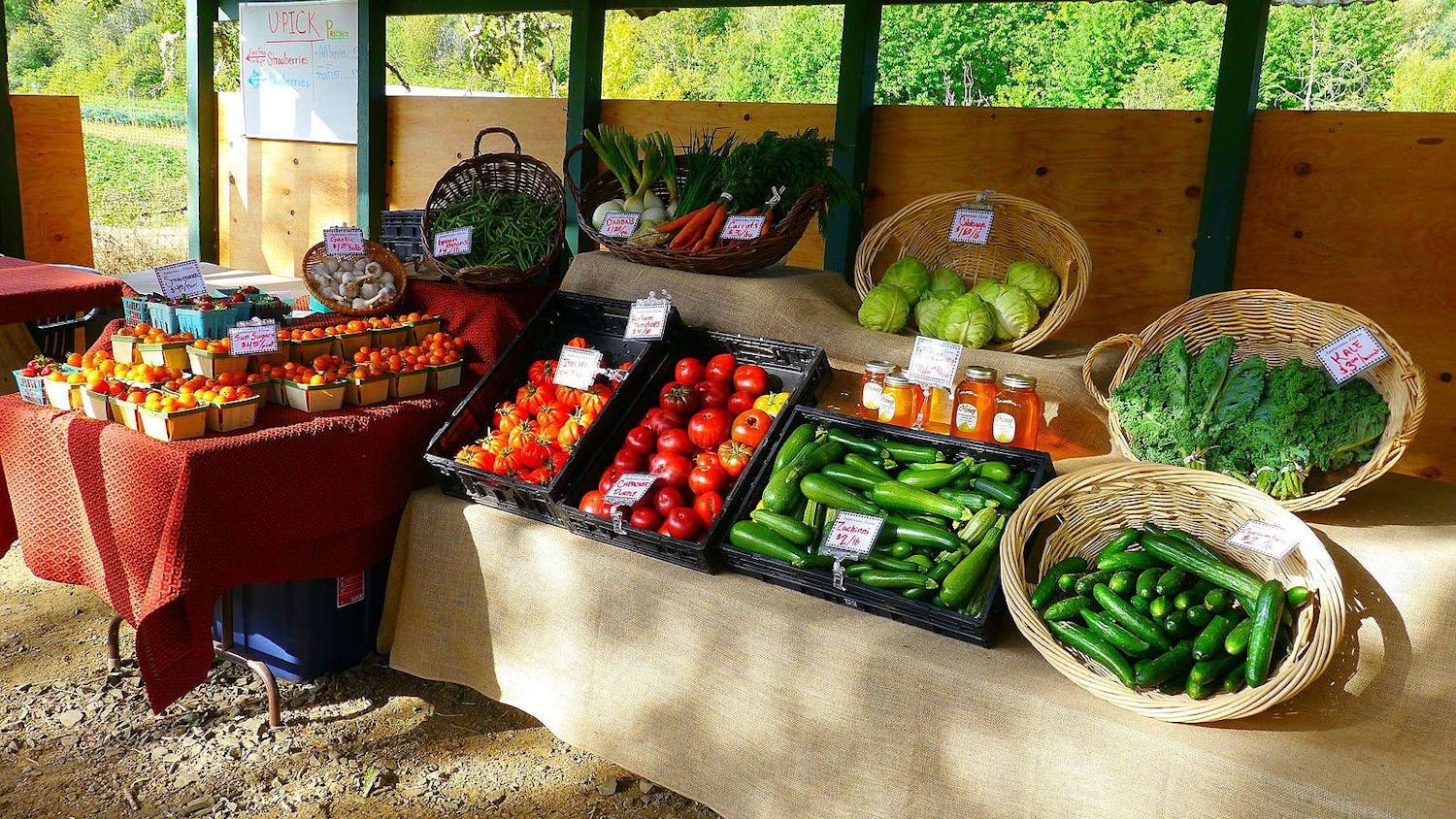Dr. Sabina Vaught is the newly appointed director of the Women's, Gender and Sexuality Studies (WGSS) program at Tufts. She is also the interim chair of the Department of Education, and co-chair of the Graduate Consortium in Women’s Studies, an intercollegiate program based at MIT. She spoke with the Daily about her plans for the WGSS major and the academic year.
Tufts Daily (TD): What did you do before coming to Tufts and how did you end up here?
Sabina Vaught (SV): I started teaching high school when I was 21. I taught for about 10 years and thought I would be a principal … but I was very interested in theoretical questions. So I thought I’d get a Ph.D. and then get my principal certification, so I’d have both things to guide me. But as life goes, things changed. So once I got into the doctoral program and got really interested in the work being done in education, I considered a faculty track. But to be honest, I was undecided until the last moment … I went to my doctoral advisor and said, ‘What do I do? Both sound good to me.’ And she said, I think lying to me a little bit, that you can always go back to being a principal – which is not true – but you can’t go back on that tenure track. So I took the job at Tufts and I’ve been here about 11 years.
TD: What is your role as director of the WGSS program?
SV: Typically, faculty members serve three years [as director], similar to a department chair position. And that faculty member is meant to guide the program in terms of policy and curricular programming questions, in collaboration with other faculty who are involved in governance.
TD: What are some of the things you’re working on this year?
SV: One of the things we’re doing this fall is reviewing the current structure and scope of the curriculum. WGSS was originally ‘Women’s Studies’ … It looks to many faculty and students that the major would benefit from some revision in light of the expansion of the field and the distinctions between areas of study. There’s a faculty curriculum committee that is meeting with both students and faculty to get their feedback … on the current course offerings, the arrangement of the major and to think about how we might re-conceive of the major. We’re also looking at counterpart programs nationwide and thinking about how they do what they do. We want to think of what will work at Tufts, but of course, we want to see what other people are doing effectively.
One question is, do we want to have new concentrations within the major that might focus on, for instance, queer studies or feminist studies? We’re asking students and faculty for their input and reviewing what we collect over the course of the semester. Next semester’s work will be to propose some of these changes.
TD: How are you hoping to be a resource for students?
SV: WGSS has been lucky to have fantastic directors. [Anthropology professor] Sarah Pinto and [English professor] Sonia Hofkosh have been really outstanding people working with the program. I imagine [I'll be] continuing in their tradition. That is, the director has been closely involved with student research [for seniors], so both the doing and the presenting of research.
I instituted several committees and one of those is the student committee, which is meant to be made up of two undergrads and two grads. They would directly advise me, but also … participate in steering committee meetings. So far, we had good graduate student response … [but] we didn’t have any undergraduate students nominate themselves or others. Hopefully, once the energy gets going, we’ll see that some undergrads want to get involved in governance in that way.
TD: And they’ll sort of be liaisons between you and the rest of the students in the major?
SV: Absolutely, that would be my hope. If there are students involved in work at various centers, through different organizations and other majors or minors, perhaps they’ll be able to bring to the faculty committees insight and feedback about where students’ interests lie, what they’re thinking about and why students are interested or aren’t interested in what we might be doing to engage people.
TD: How small is the major?
SV: It’s really small right now, and that’s one of the things we’re thinking about in revising the major. No, I don’t have any conclusive data about why. I can speculate, but that’s not very helpful. What we can do is try to assess what might be appealing to students intellectually, academically, now, and move forward with that. My hope is to build numbers ... so people are involved in these conversations across campus. But I think the faculty involved this year feel really invested in building up involvement.
TD: That makes sense. But on the other hand, it might be nice for students within the major to have a small, tight-knit group.
SV: I think there’s an issue at Tufts, though ... Departments have chairs and tenure lines, and they have a home – a physical home, a faculty home, all of that. Programs are staffed almost entirely through affiliations, meaning that someone’s tenure line is in another department and they affiliate. For instance, my tenure home is Education, but I affiliate with WGSS. But I think students experience the effects of that. So with [the Department of Education], we have a building, we have full-time lecturers – there’s sort of an intellectual home. [WGSS] can’t replicate that because we don’t have core faculty in the same way. Yet, we can somehow approach that. So what are the ways we can approach that? What are the ways we can make a program feel more like a department?
TD: Can you tell me a bit more about the teach-in [co-sponsored by WGSS and the Department of Education] about the Standing Rock protests?
SV: Speakers are talking about a range of issues that are both specific to these protests but also consistent across time, geography etc. So some of the issues we’ll be looking at [include] traditions of resistance and struggles. We have faculty coming from other institutions to talk about, for instance, the history of King Phillips’ War, the continuities across struggles over time and how these protests fit within that. People will be talking about law and sovereignty, some people will be talking about particular acts. There’ll be theoretical underpinnings, of course, related to settler colonialism. We’re [inviting] local faculty to be in conversation with guests from outside Tufts. We have LaDonna Brave Bull Allard, a Standing Rock historian, who will be opening the teach-in for us. She’s coming in from the [campsites at Standing Rock] … We have some people who run Native women’s centers for advocacy with the state, domestic violence, child welfare and rights, etc. And of course, people will be talking about water. So you know, [there are] a constellation of issues that give context to these protests.
TD: How are you balancing chairing Education and the Graduate Consortium, along with directing WGSS?
It’s great! I’m learning a lot [and] I’m enjoying working with the students and faculty. And you know, there are fantastic people here, so it’s good work. I’m figuring out how to build connections that will support the growth of the [education] department and the [WGSS] program – that’s the nature of the job.
This interview has been edited for brevity and clarity.
A conversation with new director of Women's, Gender and Sexuality Studies program, Sabina Vaught






